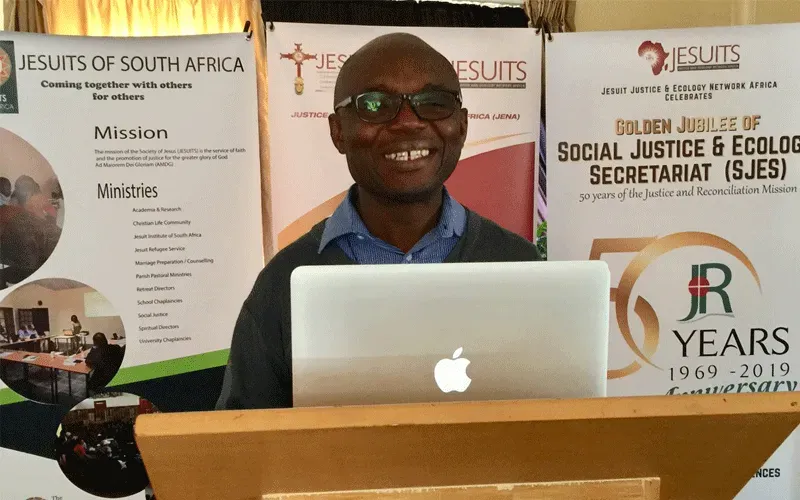Lusaka, 03 June, 2022 / 8:53 pm (ACI Africa).
The June 2-3 international meeting on ecology in the capital city of Sweden, Stockholm, dubbed “Stockholm+50” needs to facilitate the achievement of “more serious collective action” on environmental matters including “lifestyle changes”, an African Catholic Priest overseeing the Jesuits Justice Ecology Network Africa (JENA) has said.
In a Tuesday, June 1 report, Fr. Charles Chilufya explains what Stockholm+50 needs to focus on and says although several efforts have been made to discuss environmental issues, there is still "a long way to go".
“What is needed and what Stockholm+50 should usher in is more serious collective action supported by greater commitment to multilateralism that takes seriously the inclusion of voices that need to be included especially those of the youth, women and indigenous voices,” Fr. Chilufya says.
Stockholm+50 has been described as the commemoration of the 1972 United Nations Conference on the Human Environment and celebrates five decades of global environmental action. The 1972 meeting was the first convention to address environmental issues.
Convened in Sweden’s capital city under the theme, “a healthy planet for the prosperity of all – our responsibility, our opportunity”, the international meeting reportedly provided global leaders “with an opportunity to draw on 50 years of multilateral environmental action to achieve the bold and urgent action needed to secure a better future on a healthy planet.”








